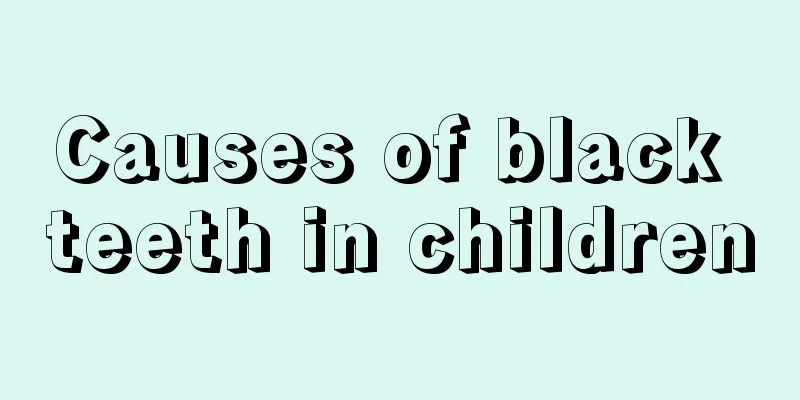Why does my baby eat less milk?

|
During the breastfeeding period, you need to pay attention to your baby's diet. If your baby shows any abnormalities, you need to check in time to avoid your baby's aversion to milk, which will affect your baby's health. Especially when your baby is very thin, you need to pay more attention to breastfeeding to avoid physical weakness. So why does your baby eat less milk? Since birth, babies have been sleeping and drinking milk, and they grow very fast. But the feeding process may not always be smooth. Many babies will become averse to milk when they are 4 to 5 months old. Is the baby sick? Parents are often very worried about this. He Mingjiao, head nurse of the Department of Obstetrics and Gynecology of the First Affiliated Hospital of Jinan University, said that a baby’s reluctance to breastfeed is not necessarily caused by illness, but parents should be more patient during this period to help the baby successfully pass through the milk aversion period. If your baby hates milk, you should first rule out pathological reasons When the baby is 4 to 6 months old, his milk intake may occasionally decrease for three or two days, and he may appear to have a poor appetite and not want to eat. This is a unique phenomenon of milk aversion in babies. He Mingjiao introduced that the milk aversion period may occur when the baby is 3-4 months old, or it may occur around 6-10 months. There are many reasons why babies dislike milk, but they can be divided into physiological milk dislike and pathological milk dislike. Physiological milk aversion lasts for a short time, mostly two or three days. During this time, the baby's mental state is normal, and there will be no abnormal phenomena such as fever and crying, so parents do not need to worry. Pathological milk aversion means that the baby is unwilling to breastfeed due to illness. Some chronic diseases, such as congenital heart disease and metabolic diseases, may cause milk aversion. Another is acute infection, such as thrush, which can cause oral pain. Children will feel pain when drinking milk and will be unwilling to eat. Therefore, in addition to milk aversion, there may be other abnormal symptoms, such as poor sleep, lack of energy, easy crying, and even abdominal distension, vomiting, fever or shortness of breath. Parents should pay attention to it and go to the hospital for examination and medical treatment in time. If your baby is averse to milk, you can consult a doctor to add complementary foods to help your baby eat milk, so that the baby's physical health will not be affected by breastfeeding problems. In particular, once the baby's milk intake decreases, you need to pay attention to timely medical treatment to avoid the condition from worsening and causing danger to the baby. |
<<: What to do if children have a fever and headache
>>: What is the normal height for a 16 year old?
Recommend
Symptoms of intestinal mucosal shedding in babies
The health of the intestine is very easily affect...
Nine reasons why children don't grow tall
Men all desire to have a good height of 1.8 meter...
What to do if baby has ear eczema and yellow discharge
It is quite common for children to have eczema, w...
How old is the best age for hernia surgery?
Hernia is a common disease among infants and youn...
What are the symptoms of hernia in children?
Generally, if a child has pediatric hernia, there...
Sores on the child's arm
In life, many people often get sores on their ski...
What to do if your baby has a cold, cough and runny nose
The baby's physical health is very important ...
What to do if your child has a lot of phlegm and runny nose
Children of a few years old generally have poor p...
Red blood streaks on the child's face
There are many reasons why red blood streaks appe...
How to care for allergic rash in children?
Children have fragile bodies, poor immunity, and ...
What is the food intake standard for six-month-old babies?
We often see many mothers gathering together to t...
What should I do if my two-year-old baby walks with his feet turned inward? Parents can do this!
When babies first start walking, they are very un...
What should I do if the umbilical cord does not fall off for two months?
After the baby is born, the umbilical cord will u...
What to do if the baby suddenly cries while sleeping at night
There are many reasons why babies suddenly cry at...
What should parents do if their child has a fever for no reason?
There are actually many reasons why children have...









